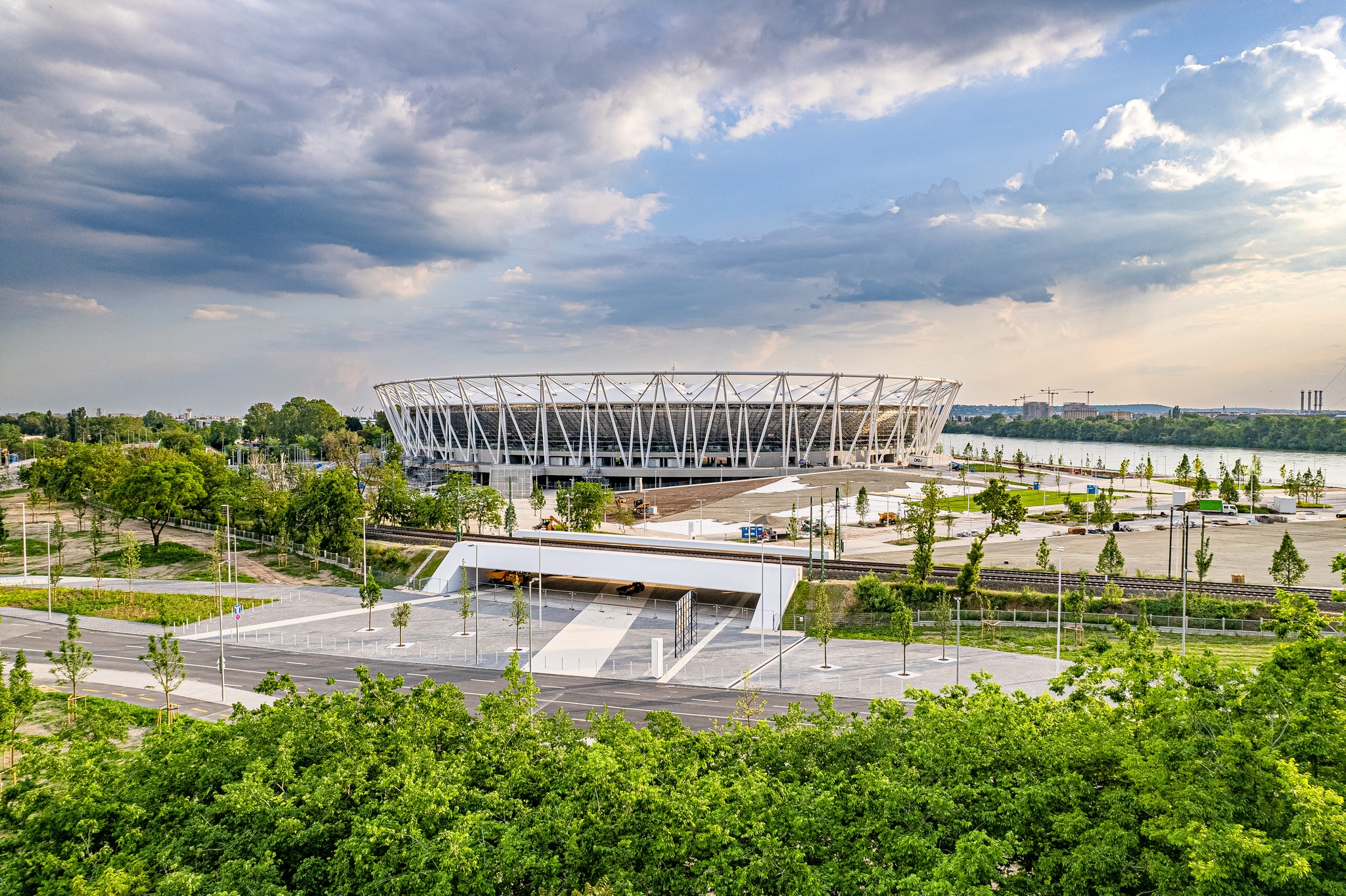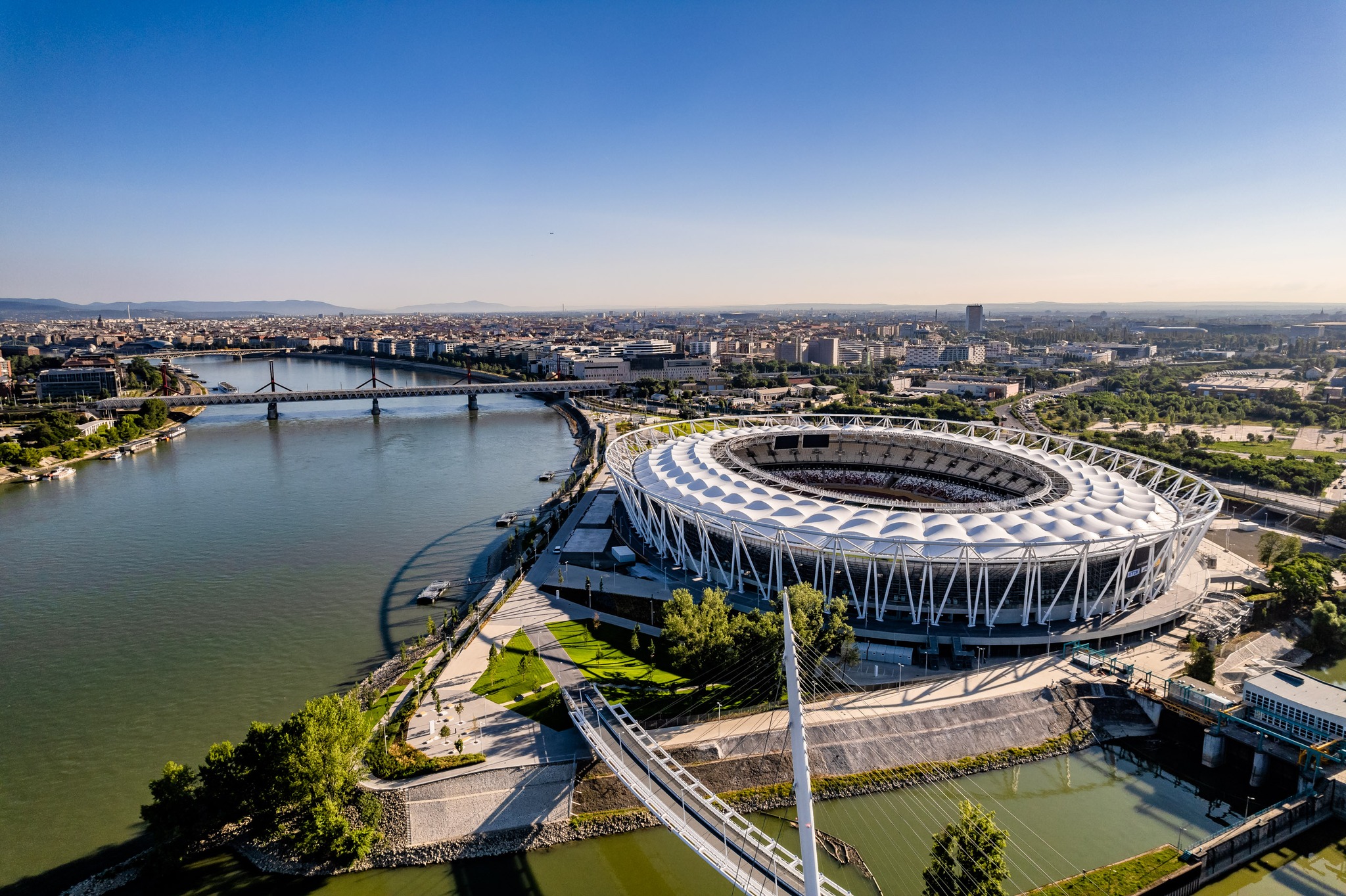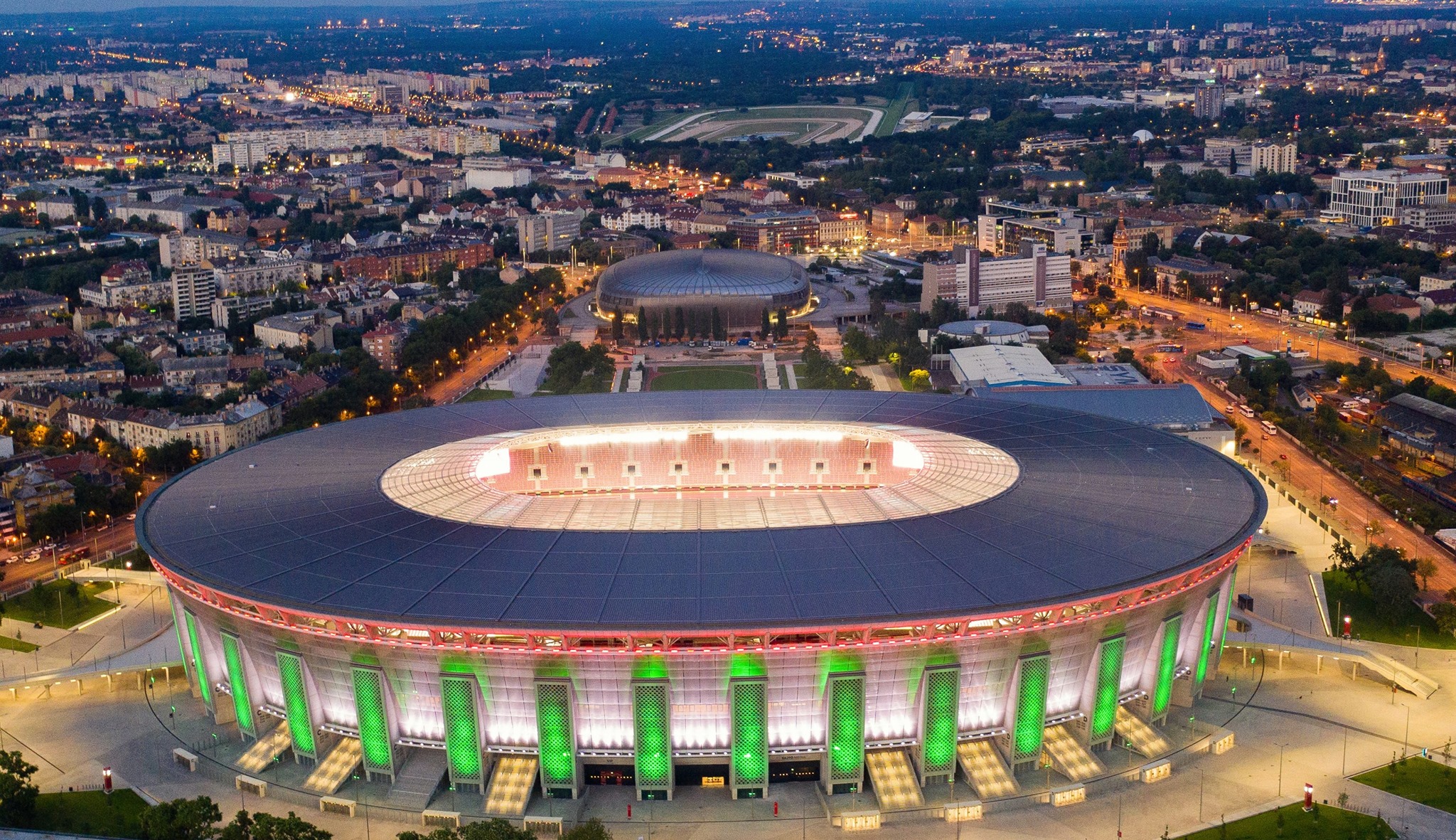70 percent of the overnight bookings in Budapest between 19 and 27 August were made by foreign visitors.Continue reading

Among the biggest sporting cities are London, Los Angeles, Paris and Barcelona, and the Hungarian capital is joining them. According to the 2023 top 100 list of the Swiss consultancy BCW, Budapest is ranked 10th among the best sports cities. The Hungarian capital will soon be able to prove itself on an even higher level, as the World Athletics Championships start on Saturday.
In recent years, major sporting investments have been made, and in recognition of this, Hungarian venues have been awarded the right to host an increasing number of events. This year, for the first time, BCW has selected Budapest as one of the top ten sports cities in Hungary, based on the number of sporting events, expert feedback and future prospects.
The main factors were the World Aquatics Championships, the UEFA Europa League final, the World Athletics Championships starting on 19 August and the development of sports facilities. Budapest has also hosted European Championship matches and a UEFA Super Cup final, as well as the Formula 1 Hungarian Grand Prix every year at the Hungaroring.
Budapest has a well-developed tourism image, including cultural heritage, health tourism such as spa and wellness services, and party and festival tourism. Sports tourism is another brand, another thing that attracts people, says Róbert Kiss, a lecturer at I-Shou University in Taiwan, Magyar Nemzet reports.

The main venue of the World Athletics Championships in Budapest, the National Athletics center. Photo: Facebook/Nemzeti Atlétikai Központ
In the past 30 years, we can talk about mega-events in the field of sport, as the International Olympic Committee and the major sport federations have attached more and more requirements to the winning bid. It is not enough to build world-class sporting venues, hotels, metros, motorways, etc. for the chosen city or region, sustainability is also becoming increasingly important, so that the resulting developments are integrated into the population and/or national sporting life cycle.
Moreover, major sporting events are not just about developing sports infrastructure. Their secondary economic function is important, i.e. that in addition to the direct impact, they havea general economic stimulating effect, has a positive impact on other sectors, thus not only on the event itself but also on long-term tourism opportunities and plays an important role in shaping the image of the country.
Lately, it is the fastest growing sector of tourism, accounting for a quarter of the world’s total tourism revenue, according to the World Tourism Organization. In 2016, it generated $1.41 trillion in revenue, but in four years it has grown by more than 40 percent, even in the shadow of the pandemic. It is no coincidence, then, that more and more cities are competing for the title of ‘sports city’.

The Puskás Arena in Budapest serves as the main venue for football matches, and even concerts. Photo: Facebook/Puskás Aréna
Budapest has many advantages, explains Zsófia Hanák, managing director of Buson Logistic. For one thing, it is cheap in Central Europe and offers excellent value for money and a wide range of services, from hostels and pubs to multi-star hotels. In addition, public transport in the city center is definitely good during sporting events, with special attention paid to extra services. The high number of arrivals is naturally reflected in hotel and restaurant spending, as well as an increase in the number of visitors to the sights. The number of bus bookings for private or group transport doubles, and often the private sector cannot even service the orders, so the event is profitable for state transport company Volán, too, she added.
Research also shows that people who participate in sports tourism spend more time and money in tourist destinations. They also develop a stronger emotional attachment to the destination and are more likely to return,
economic think tank Oeconomus highlights.
The main reasons why sports tourism is important to the economy are: it generates income for the destination from tourism-related activities such as accommodation, catering, transport and entertainment, and it enhances the international image of the destination. It can also create job opportunities for the local population.
The organization of sporting events requires significant infrastructure investment, such as the construction of stadiums, improvements to existing sports facilities and transport systems.
These investments can bring long-term benefits to the destination, improving the overall quality of life and increasing the attractiveness of the venue for both visitors and local residents. Sports tourism promotes physical activity and encourages individuals to adopt healthy lifestyles such as exercise and outdoor recreation. It also offers travelers the opportunity to experience new cultures and meet new people. This promotes understanding and appreciation between cultures and communities. Sports tourism can help to build a sense of community and pride for local people as well.
Featured photo via Facebook/Nemzeti Atlétikai Központ